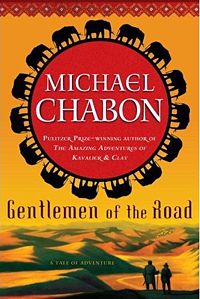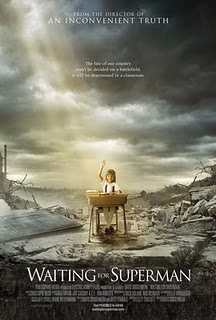You might have noticed last week that I never mentioned the scores to the films we watched. You might have even thought to yourself that it was strange how I never mentioned the scores to the films we watched. After Tuesday's movie, I decided that I needed a full post just to discuss the music.
The Seven Samurai - When the title cards flash up at The Seven Samurai's opening, strains that could have come from a Hollywood production issue forth. The dissonance between the images of feudal Japan and music of Western European derivation is harsh, but expected given Japan's musical history in the late 19th and early 20th centuries.
Western music gained a foothold in Japan during the Meiji period's rapid modernization. It began when military wind band music was imported and adopted alongside Western military tactics and arms. These instruments were followed quickly by string and keyboard instruments until, by the middle of the 20th century, most Japanese children were trained on Western instruments instead of traditional Japanese ones. Even beyond childhood training, composers in particular gravitated towards Western compositional idioms in the 1950s as a backlash against the ultra-nationalist sentiment that pervaded the early Showa era during WWII. Many agreed with Toru Takemitsu (perhaps Japan's greatest composer of the mid-20th century who later wrote the score for Kurosawa's film Ran) who claimed to regret his Japanese heritage and allowed himself “to gaze only into the mirror of Western music and Western art.”
As a result, the music for The Seven Samurai is unremarkable. It serves its purpose, but the only times it really adds in a new way to the film are the moments it breaks into traditional Japanese instruments. These instruments are brought into play to represent the farmers, the lowest social class of the film and the constant object of scorn and because of this association, they gain an air of being a lower order of instruments. But their sound is distinct and powerful to Western audiences in generating time and place. Film music is an interesting phenomenon to me in that it doesn't have to be from a time or place to evoke that time or place; just consider the fallacy of a late 19th century orchestra playing for a Shakespearean drama. But for a foreign film to work for Americans, it almost needs that layer of verisimilitude.
Chinatown - Jerry Goldsmith's score for Chinatown certainly fits into the category of music for a time and place but not of that time or place. Although he used numerous popular tunes from the 1930s, most of Goldsmith's underscore was written for an ensemble of four pianos, four harps, percussion, strings, and solo trumpet. Not exactly an ensemble you would have found in 1930s LA., nor in any noir film from any era. But the sparse constructions that Goldsmith favors perfectly match the film's style and the percussive nature of the instruments echo the film's percussive dialogue and editing.
Goldsmith was known for taking chances on his scores; he wrote Planet of the Apes using the 12-tone language for goodness sakes. With Chinatown he practically avoided melody and harmony, making single lines that are almost pointillistic, like flecks of color, that weave in and out of one another. The result is unsettling during the film, not allowing you to relax into the narrative flow because you know there are things going on beyond what you are seeing. This score was much more effective than I expected, and rivals Vertigo for the best written of the week. Constantly surprising, I can't imagine the film succeeding on the same level without it.
Self-doubt in the tech industry
1 year ago
























